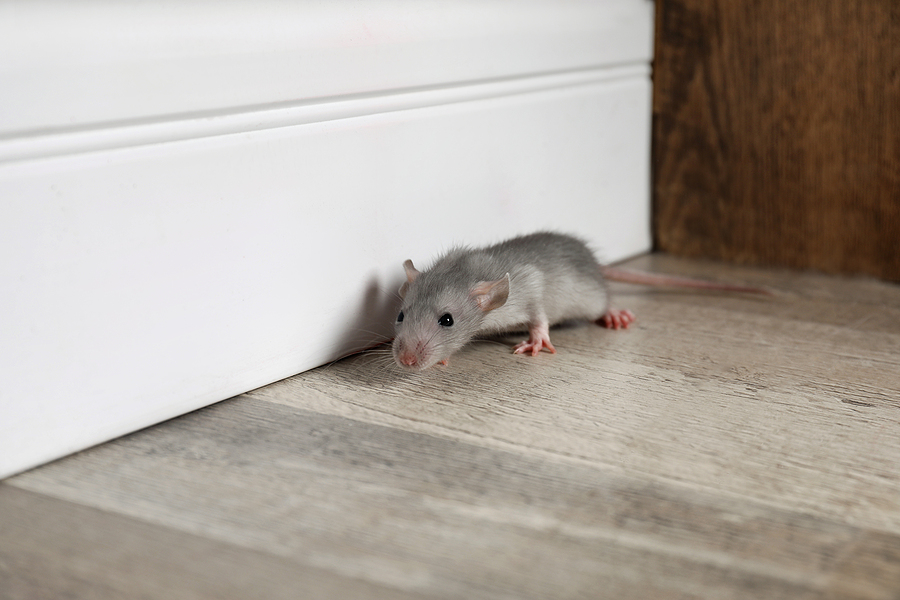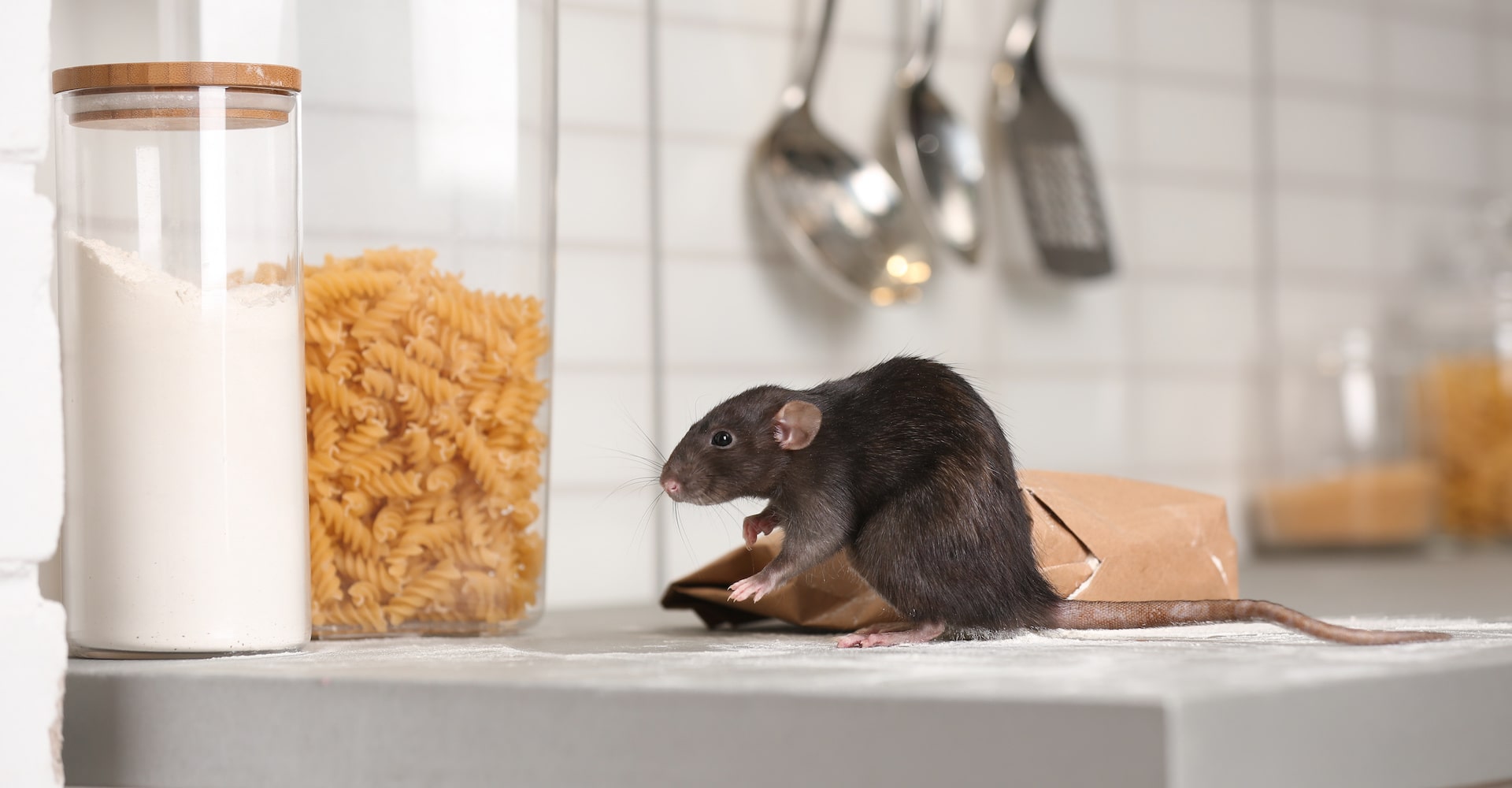When it comes to maintaining a safe and comfortable living environment, protecting your home from pests is crucial. Knowing the Top ways to prevent pests from entering your home can save you from a host of issues, ranging from health concerns to property damage. These strategies will not only make your home a fortress against unwanted guests but also preserve the peace and hygiene within your four walls.

Understanding the Pest Problem
Before diving into the ways to prevent pests, its important to understand why these unwanted visitors are drawn to homes. Pests are attracted to food, shelter, and waterbasic survival needs that your cozy home readily provides. From tiny ants to larger rodents, different pests set their sights on your living space for specific reasons. Once you recognize what attracts them, its easier to tailor your prevention methods.
1. Seal Entry Points
Pests often get in through tiny cracks and crevices in your homes foundation, walls, and windows. Conduct a thorough inspection of your homes exterior and interior, focusing on potential entry points. Use caulk or weather-stripping to seal gaps around doors and windows. Ensure that existing screens are in good repair. Sealing entry points does more than keep pests out; it helps in maintaining your homes energy efficiency as well.
2. Proper Food Storage
Food left out is a beacon for pests. Ensure all food items are stored in airtight containers. Keeping foods sealed will prevent pests like ants, cockroaches, and rodents from sniffing out a meal and making your home their own. Regularly clean and organize your pantry and kitchen spaces to avoid disarray. Check out this EPA guide for more food storage tips and best practices.
3. Regular Cleaning Routines
Consistent cleaning is an essential step in keeping pests at bay. Regularly vacuum and sweep up food crumbs and spills, especially in dining areas and kitchen spaces. Ensure to take out the trash regularly and keep garbage bins tightly sealed. By maintaining cleanliness, you remove the pests main attraction in leisure areas of your home.
In areas with children or pets, follow safe pest control guidelines to ensure that cleaning products and methods are non-toxic, ensuring a home that's not just clean but safe for all its inhabitants.
4. Plant Pest-Repelling Vegetation
Nature has its own remedies when it comes to pest control. Certain plants naturally repel pests and can be a beautiful and functional part of your homes landscaping. Consider planting lavender, basil, and marigolds around your home. These plants not only enhance the landscape aesthetically but also deter a variety of pests, giving your home an eco-friendly shield against intruders. Take a moment to read about yard repellents for more tips on natural barrier creation.
5. Tackle Moisture Issues
Excess moisture can be a haven for pests such as termites and cockroaches. Monitor and fix any leaks promptly and ensure that your home is properly ventilated to prevent dampness. Utilize dehumidifiers in areas prone to moisture, such as basements. For additional insights, check out our article on termite prevention tips.
6. Professional Inspection and Treatments
Finally, consider regular professional pest inspections and treatments. Pest control experts can identify and rectify vulnerabilities in your home that you might overlook. Regular treatments act as a preventative measure against larger infestations. Discover some expert tips by visiting DIY pest control tips and comparing with professional methods.

FAQ Section
Q1: How often should I have my home inspected for pests?
A1: It is generally recommended to have your home inspected at least once a year. However, if you live in an area prone to specific pests or have had previous infestations, more frequent inspections may be beneficial.
Q2: What is the safest way to prevent pests without using chemicals?
A2: Implementing natural methods such as sealing entry points, maintaining regular cleaning routines, using natural deterrents like essential oils, and planting pest-repelling plants are effective non-chemical strategies. Ensure these efforts are combined for best results.
Q3: Can pests affect my health?
A3: Yes, pests can carry diseases and allergens that are hazardous to human health. It's crucial to manage pest control to not only protect your home but also to safeguard the wellness of all who reside there.
This article contains affiliate links. We may earn a commission at no extra cost to you.
